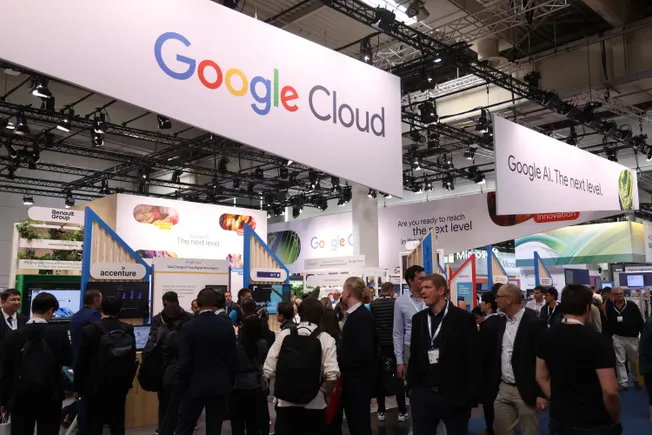Dive Brief:
Google Cloud unveiled new tools for deploying artificial intelligence agents in healthcare on Wednesday, including a gallery of agents and a method to support multiple agents working together.
The tech giant rolled out its Agent Garden, a centralized hub where organizations can access pre-built AI agents — an emerging type of AI system that can act more autonomously — from Google, third party companies or healthcare organizations that create their own custom agents.
Google also revealed the Agent2Agent Protocol, a framework that allows multiple agents to communicate with one another regardless of the technology stack used to build them.
Dive Insight:
AI continues to be an exciting technology for healthcare industry leaders, igniting hopes it could lessen providers’ heavy load of administrative tasks and extend the capabilities of the clinician workforce as the population ages and needs more care.
Agentic AI could be the next step when it comes to automating healthcare work, proponents say. Agents can handle more complex, multi-step tasks compared with earlier iterations of AI tools, like chatbots, said Aashima Gupta, global director for healthcare strategy and solutions at Google Cloud, during a press preview.
For example, one agent available in Google’s AI Garden, called the Deep Research Assistant, can comb through data and compile a report, showing the steps it took to reach its conclusions.
The next frontier for agentic AI is multi-agent systems, which allows agents to collaborate across multiple functions, Gupta said. The Agent2Agent Protocol announced Wednesday would set a framework that allows those agents to communicate, even if they were built by different developers.
“Imagine entire systems powered by multiple AI agents working together autonomously to optimize things like revenue cycles, streamlining claims operations, even proactively addressing bottlenecks,” Gupta said.
Pittsburgh-based Highmark Health and Edison, New Jersey-based Hackensack Meridian Health are rolling out Google’s AI tools. More than 14,000 of Highmark’s employees regularly use generative AI products for internal work, like software development, prior authorization requests and managing its call center, said Richard Clarke, Highmark’s chief data and analytics officer.
Sameer Sethi, chief AI officer at Hackensack Meridian, foresees using agents to improve the patient scheduling experience, though the system isn’t fully there yet, he added.
For example, he envisions agents managing a complex scheduling situation, where a patient needs an appointment with an orthopedic doctor, a ride to the office, an available wheelchair and assistance picking up medications.
While the health system offers those services, it would typically take separate calls to arrange them — while agents could collaborate to handle those requests.
“That is how we think about agentic space,” Sethi said. “We are orchestrating different activities and different technologies to all work together.”


